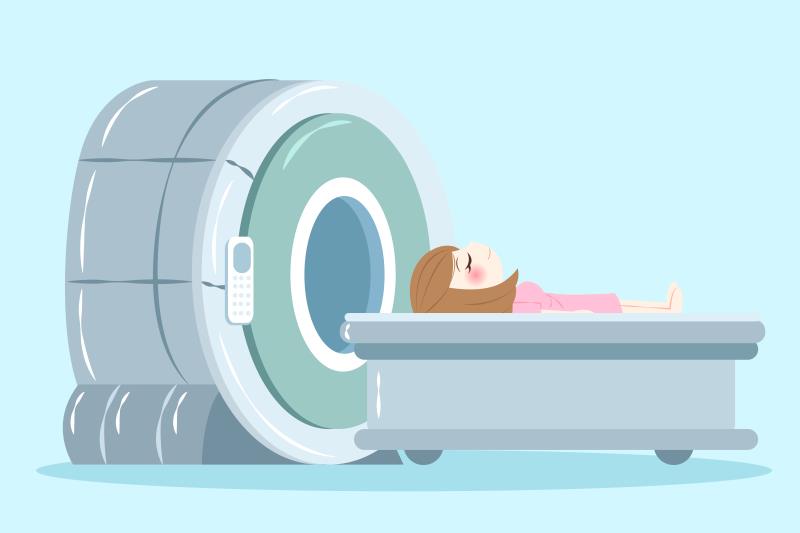
Post-mastectomy radiation therapy (PMRT) does not appear to lead to better oncologic outcomes in T1-2 breast cancer with up to three positive lymph nodes, a recent study has shown.
Researchers retrospectively assessed 379 patients with T1-2 breast cancer. Of the participants 54 percent underwent PMRT while the remaining 46 percent did not. Those in the PMRT arm were younger and were more likely to have received adjuvant hormonal and chemotherapy. The endpoints of interest were recurrence, disease-free survival, and overall survival.
Despite baseline differences, outcomes were comparable between the PMRT and no-PMRT groups. While locoregional recurrences appeared to be marginally more common in women who did not receive PMR (3 vs 0; p=0.061), this group saw nominally fewer distant recurrences (3 vs 9; p=0.135) and overall recurrences (7 vs 11; p=0.525).
Kaplan-Meier plots also found no between-group differences in terms of overall and disease-free survival.
This was confirmed in multivariable Cox proportional hazards regression analysis, which showed that relative to women who did not receive PMRT, both disease-free (adjusted hazard ratio [HR], 0.93, 95 percent confidence interval [CI], 0.48–1.79) and overall (adjusted HR, 0.91, 95 percent CI, 0.45–1.85) survival were not significantly different in the PMRT arm.
“The efficacy of PMRT in T1-2 breast cancer patients with 1-3 positive lymph nodes remains unclear. In this study, we found no difference in the rates of recurrence, disease-free survival, or overall-survival in breast cancer patients with T1-2 tumours and 1-3 positive lymph nodes who had been treated with or without PMRT,” researchers said.
“Further prospective randomized controlled trials are needed to analyse the effect of PMRT on outcomes,” they added.